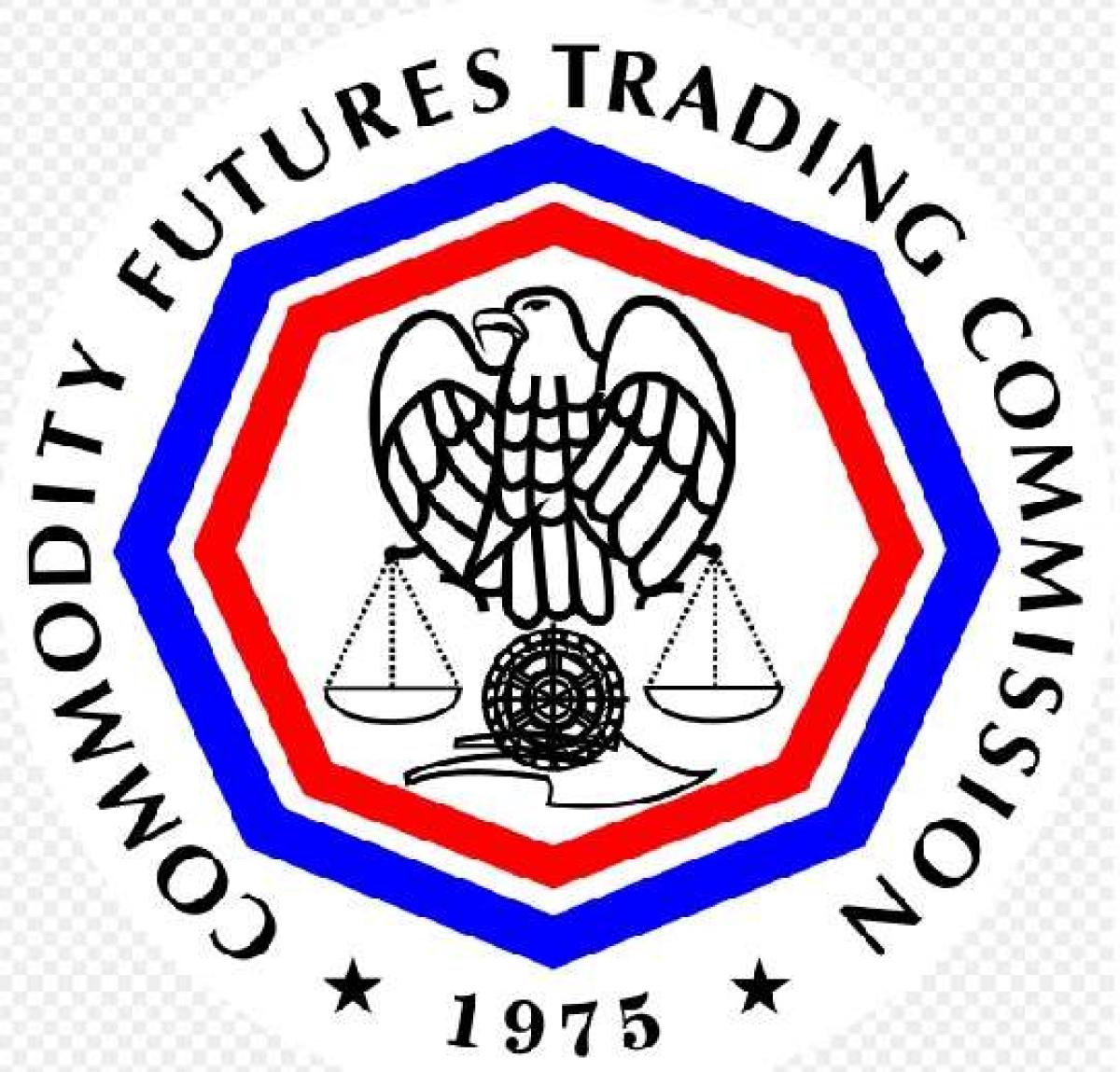With a new administration in the making, thoughts in the world of asset management naturally turn to the issue of appointments to the Securities Exchange Commission and the Commodity Futures Trading Commission. Who is likely to get what position and what difference might it make?
Recent practice has been that an SEC chair resigns on or soon after inauguration day as the new administration takes the reins. Christopher Cox, for example, resigned the office on January 20, 2009, and Obama’s choice, Mary L. Schapiro, came onboard one week later.
Meanwhile, at the CFTC … acting chairman Walter Lukken resigned on inauguration day 2009 to be replaced by Michael V. Dunn.
Sometimes, though, the old hand stays on for a bit while the incoming administration deliberates about a proper replacement. President Reagan’s final appointee as chair, David Ruder, stayed in that post through September of 1989, until President George H.W. Bush selected Richard Breeden.
There have been press reports of late to the effect that Trump will soon name Commissioner Michael Piwower as the acting chairman of the SEC, though Mary Jo White may have some transitional period before she has to clear the desk for him.
So … what do we know about Piwower, and how might his appointment (if the reports are accurate and it does come) affect the pursuit of alpha?
Making and Enforcing Rules
On matters of rule-making, Piwower believes that the SEC should in general stay out of the way of corporate managers. One point of some significance: Piwower is skeptical of the idea that the SEC should encourage shareholder democracy within publicly held corporations. In a dissenting statement at on open meeting on the universal proxy initiative in October, Commissioner Piwowar said that proxy fights distract managers and employees from carrying out their core missions, so that retail investors are the ultimate losers in these fights.
Piwower has also pressed for action on 30e-3, a proposed modernization of reporting under the Investment Company Act of 1940, which would permit although it would not require registered investment companies to transit periodic reports to their shareholders via a website.
In a statement last month, Piwower said, “I believe that Rule 30e-3 can be completed if we efficiently manage the Commission’s resources. To that end I commit to neither calling for nor working on, any non-emergency rulemakings” except for the consolidated audit trail release and the rules regarding capital and margin requirements for security-based swaps dealers, “until we vote on Rule 30e-3.”
Separately, Piwower has stressed the need to subordinate enforcement to policy considerations. “If every rule is a priority,” he said in 2014, “then no rule is a priority. If you create an environment in which regulatory compliance is the most important objective for market participants, then we will have lost sight of the underlying purpose for having regulation in the first place,” which is “the enabling [of] vital and important economic activity.”
In general, those market participants who seek alpha through corporate activism likely will not benefit from a Piwower chairmanship. On the other hand, those who push up against the vague limits of what might be considered insider trading might find that activity at least marginally less risky, the acceptable envelope somewhat wider.
Talking About the CFTC
Meanwhile, there seems to be thus far a dearth even of informed guessing as to who might end up heading the CFTC during Trump’s tenure on Pennsylvania Avenue.
It is pretty clear, though, that some of the first important calls of that individual will involve the proposed regulation of automated trading (Reg AT), a series of controversial risk controls and transparency-enforcing rules designed to update a system originally created for the humans in “pits,” a world that no longer exists, because algorithms now trade against other algorithms.
On November 4, the Friday before Election Day, the incumbent chairman, Timothy Massad, discussed the issues before the CFTC in this area. The proposal “requires testing and monitoring of algorithms … the preservation of source code and other records…” and CFTC access to those records when it deems them necessary “just as for years we have reviewed the records of traders at human speed.”
Massad himself has long been affiliated with, indeed active within, the Democratic Party. He was in fact a voting delegate to the Democratic Convention in 1988, where he successfully promoted the nomination of Michael Dukakis. He was an Assistant Secretary to the Treasury in the period 2011-13, when he supervised the final phases of the TARP program.
One suspects any Trump nominee will have a different point of view, but one hesitates to speculate further.




